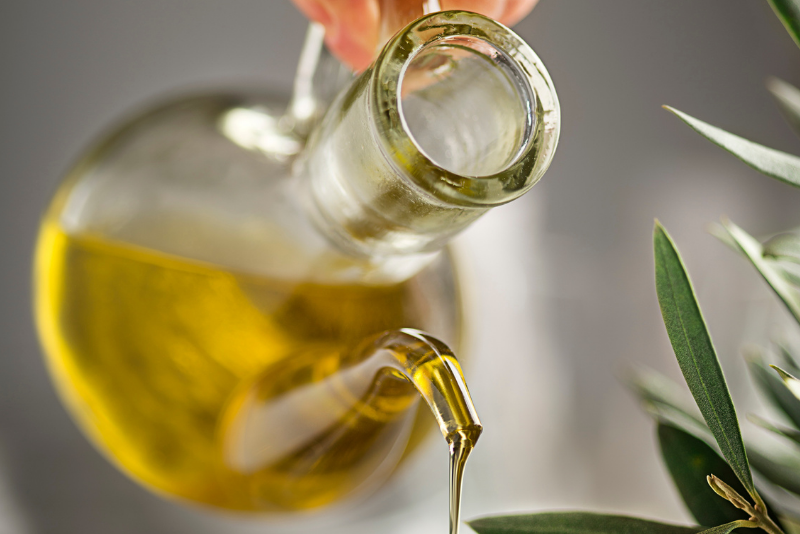
| File | Title | File Description | Type | Section |
|---|---|---|---|---|
| TOC_3000x_multi_scan_1.pdf | Olive Analyser Multiscan Series 3000X | Brochures | Document |
INDUSTRY NEWS

The NSW Department of Primary Industries’ (DPI) Wagga Wagga Edible Oils Laboratory - a cornerstone of Australia’s olive and oilseed testing infrastructure - is expected to cease operations by Christmas 2025, with sample submissions accepted only until mid-November. The closure represents a significant loss for growers, processors, and exporters who have relied on the lab’s internationally accredited testing services for more than two decades.
Located within the Wagga Wagga Agricultural Institute, the DPI’s edible oils laboratory has been one of Australia’s few facilities accredited to NATA, AOCS, and International Olive Council (IOC) standards. It has played a critical role in verifying olive oil quality, authenticity, and export compliance, as well as providing trusted testing for canola and other oilseeds.
The lab’s closure follows the NSW Government’s announcement of widespread job cuts across the Department of Primary Industries - around 165 positions statewide - raising alarm among regional industries dependent on these essential technical services.
According to industry updates, the Wagga team will continue accepting samples until approximately 14 November 2025, before winding down operations ahead of Christmas. After that point, testing services will no longer be available through the Oil Testing DPI Laboratory.
While the department has yet to make a detailed public statement about the transition plan, producers are being advised to prepare for changes now, especially those requiring export certification or routine oil-quality analyses.
The loss of this facility is being described as a major setback for the Australian olive industry, particularly for small to mid-sized growers in New South Wales and surrounding regions. The Wagga lab’s proximity and affordability have long made it a practical option for quality assurance, benchmarking, and product validation - key factors in maintaining consumer trust and market competitiveness.
Its closure could mean:
With the Wagga Wagga laboratory closing, industry attention is turning toward Modern Olives Laboratory Services in Victoria, which offers a full suite of IOC-listed testing options, though it is not currently IOC-accredited for olive oil and related products in 2025. Modern Olives Laboratory holds AOCS recognition for both chemical and sensory analysis for 2025, as well as a TGA licence covering chemical and physical testing of olive oil derivatives and microbiological testing of olive derivatives only.
Modern Olives is a long-established recognised testing facility providing analytical services to growers, processors, and exporters across Australia and overseas. More information about their services can be found at:
Industry leaders are urging state and federal governments to engage with the olive and edible oil sectors to ensure a smooth transition of testing capabilities and protect the integrity of olive oil standards. Without a coordinated plan, the risk grows that smaller producers could lose access to affordable, timely, and accredited testing - jeopardising both domestic labeling compliance and export eligibility.
As Australia continues to strengthen its reputation for high-quality, traceable olive oil, maintaining a strong laboratory infrastructure is essential. The Wagga Wagga lab’s closure marks the end of a chapter in regional agricultural science, but it also highlights the need for ongoing investment in independent, nationally recognised testing to support the industry’s future growth.
For further information: